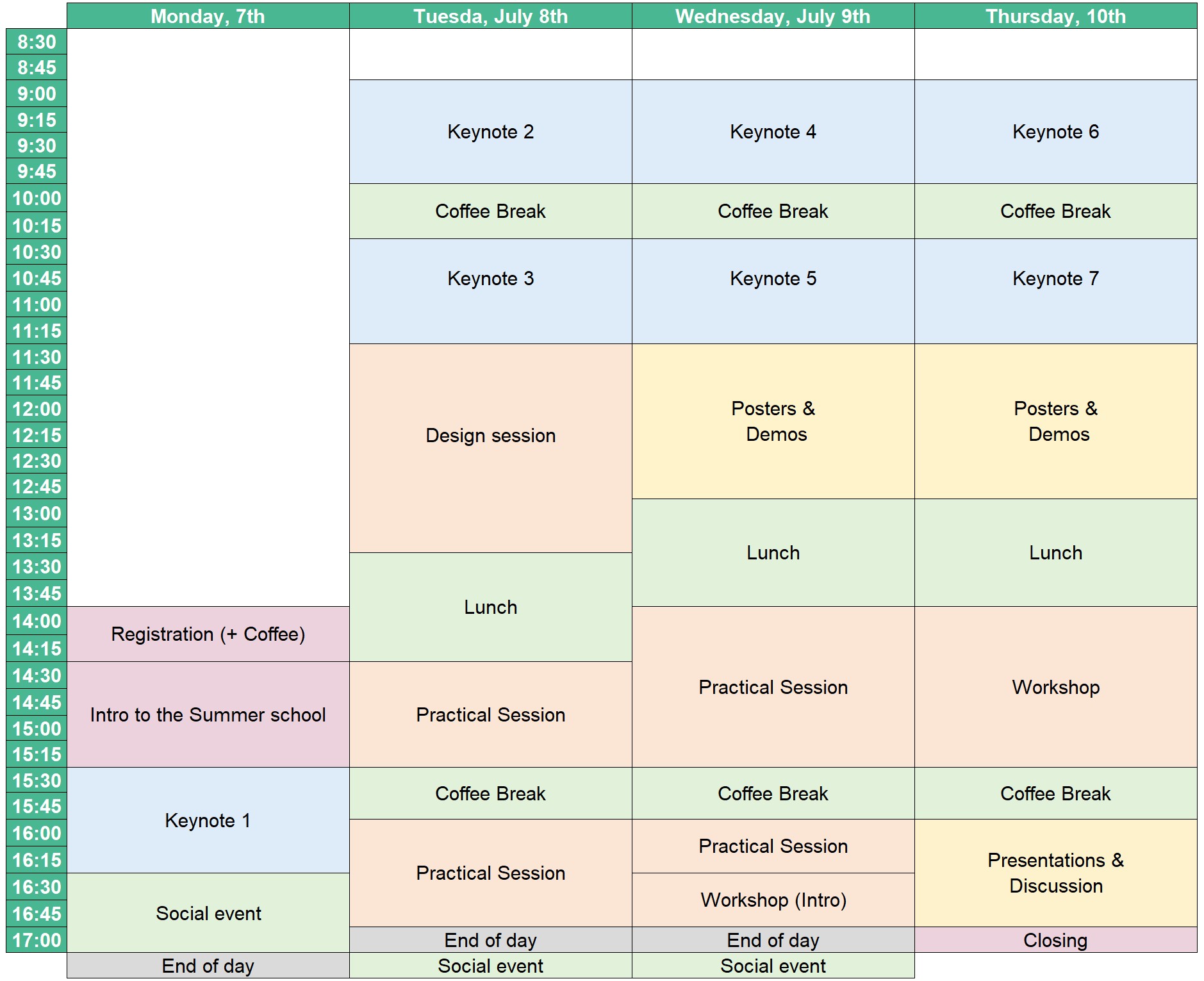Program
ABSTRACTS
Novel VR Approaches for Chronic Pain Relief
Mavi Sánchez-Vives
The phenomenon of virtual embodiment—the illusion of owning a virtual body—is at the heart of our approach to pain management. Our previous work has shown that both the ownership and transformation of a virtual body can modulate pain thresholds in healthy individuals. Furthermore, we have demonstrated that alterations to a virtual body, such as skin colour or size, can significantly impact pain perception across a spectrum of chronic pain conditions, including peripheral nerve injury, complex regional pain syndrome, or fibromyalgia. This presentation will detail our development of a state-of-the-art, personalized virtual environments tailored for chronic low back pain. A prototype, evaluated in 100 patients, has yielded encouraging results in pain reduction and patient engagement. Additionally, we will discuss the transformative potential of shared virtual environments for fostering patient communities and facilitating group therapy, offering a new avenue for both designing and delivering ongoing therapeutic support. These immersive environments represent a step forward in creating personalized, scalable, and effective treatment strategies for chronic pain.
Modeling and Evaluating Socially Interactive Agents
Catherine Pelachaud
Socially interactive agents often have a human-like appearance and are modeled to communicate with their human interlocutors through verbal and nonverbal means. During an interaction, participants exhibit different adaptation mechanisms, which can take many forms, from signal imitation to synchronization and conversational strategies. Adapting the multimodal behaviors of a socially interactive agent to the behaviors of its human interlocutors can promote engagement, build rapport and trust, and support the learning process. In this lecture, I will introduce various computational approaches to generate communicative and socio-emotional behaviors to convey intentions and affect. I will also describe several experimental methods to validate these approaches. Objective and subjective measures will be introduced. I will present the open-source system Greta, which allows modeling human-agent interactions. I will conclude the lecture by indicating future lines of research.
From metrics to users: understanding QoE in Extended Reality
Federica Battisti
Extended Reality is rapidly transforming the way we interact with digital content and physical environments. As these technologies advance, the key to their broad adoption lies in understanding and optimizing the users’ Quality of Experience (QoE) that accounts not only for system performance, but also perception, interaction, comfort, and engagement. This keynote will explore the evolution of the concept of QoE in XR. We will discuss how traditional QoE concepts are being redefined in immersive environments, and examine the unique challenges that XR introduces such as multisensory integration, and motion-related discomfort. Drawing on recent research and practical examples, we will investigate how engineering methods can be applied to measure, analyze, and improve user experience across the XR pipeline. The goal is to provide participants with a clear understanding of the key dimensions of QoE in XR, and to highlight how an interdisciplinary approach, including systems, human factors, and design, can lead to more effective and impactful immersive experiences.


